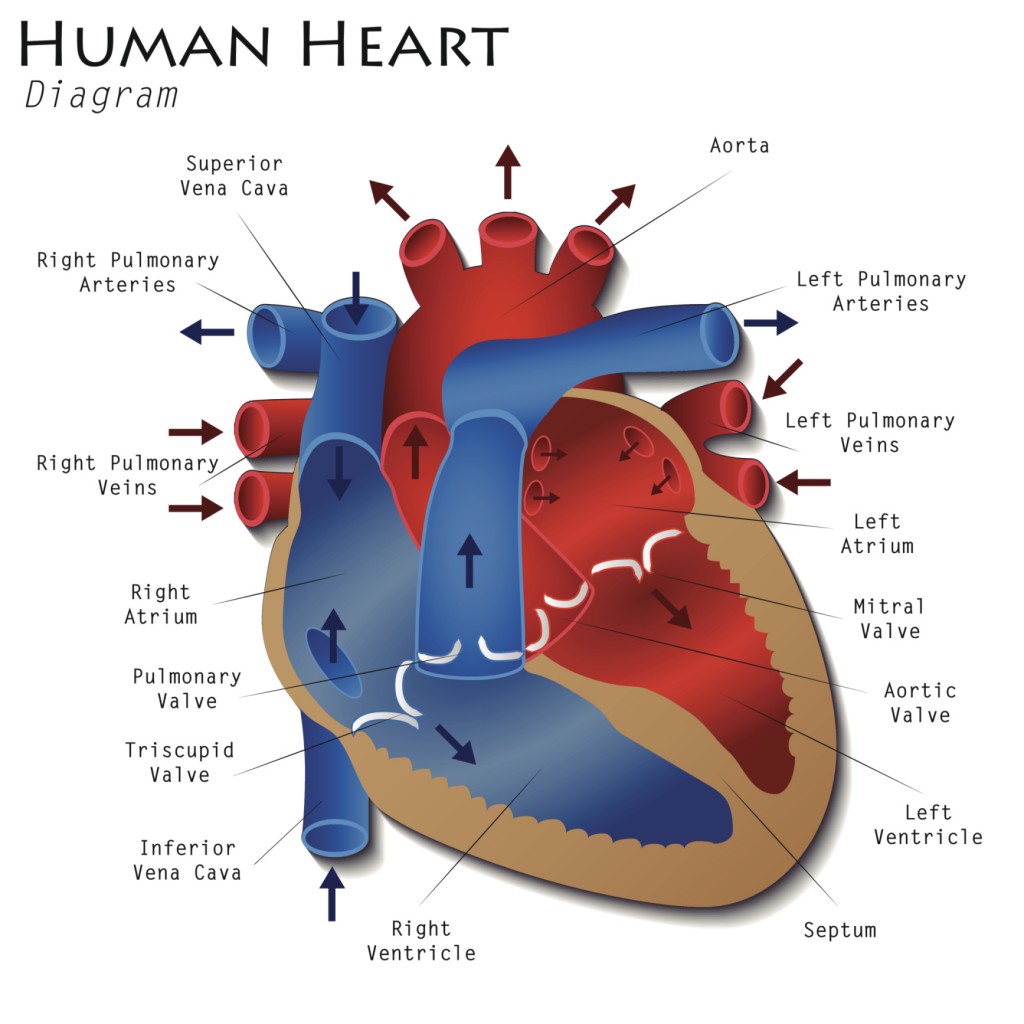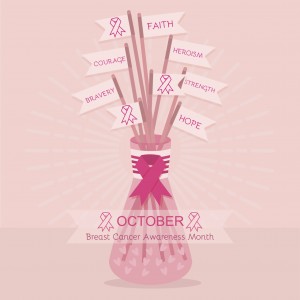
The month of May marks American Stroke Month, a time to raise stroke awareness. Strokes do not discriminate, they can affect people of all ages and backgrounds. According the American Stroke Association, someone has a stroke every 40 seconds, in the United States alone.
Those statistics are alarming and we shouldn’t stand idly by while this disease ruins and takes the lives of our loved ones. While it’s true that stroke threatens millions of lives, it is preventable, treatable and beatable. The following list is a few things that everyone should know:
- Stroke Risk increases with age, however, young adults, children and even unborn babies can suffer from a stroke. You are three times more at risk to suffer from a stroke if one of your parents had an ischemic stroke before the age of 65.
- High Blood Pressure Is Stoke’s Number One Target, however, keeping your blood pressure under control reduces your risk and prevent stroke. Three out of four people who suffer their first stroke have high blood pressure.
- Stroke Can Be Largely Treatable. There are blood clot-busting drugs and medical devices have made stroke largely treatable. However, every second counts, nearly 2 million brain cells die each minute a stroke goes untreated. The faster you’re treated, the more likely you’ll be able to recover without any permanent disability.
- People Often Save Others From Stroke. By learning the signs and symptoms, you too can save someone from suffering from a stroke. F.A.S.T. is a simple way to remember sudden signs of stroke; F.A.S.T. is an acronym used to detect the strokes. F.A.S.T. stands for Face dropping, Arm Weakness, Speech difficulties and Time to call 9-1-1. When you can spot the signs, you’ll know that you need to call for help right away.
American Stroke Month wants to help others by increasing their knowledge of strokes, so that they may be able to save a friend, family member or their own life one day. Make it a mission to help build a healthier life for you and the ones you love to prevent against stroke and cardiovascular diseases.
Make yourself a priority and ask Dr. Gordon Gunn, MD about his Lifestyle Longevity Program by contacting his office in Fullerton, CA at 714-912-2211 or visit www.gordongunnmd.com for additional information.
Dr. Gordon Gunn proudly serves Buena Park, La Mirada, Yorba Linda, Diamond Bar, Walnut and all surrounding areas.




 Today marks a New Year which means if you’re looking to get heart healthy, today is the day to start down that path! Being diagnosed with problems such as high blood pressure or high cholesterol should be a wakeup call to start to strive toward a healthier lifestyle. Good news is, there are many ways to prevent and even go about lowering both your high cholesterol and high blood pressure. Some of those way include the following:
Today marks a New Year which means if you’re looking to get heart healthy, today is the day to start down that path! Being diagnosed with problems such as high blood pressure or high cholesterol should be a wakeup call to start to strive toward a healthier lifestyle. Good news is, there are many ways to prevent and even go about lowering both your high cholesterol and high blood pressure. Some of those way include the following:


